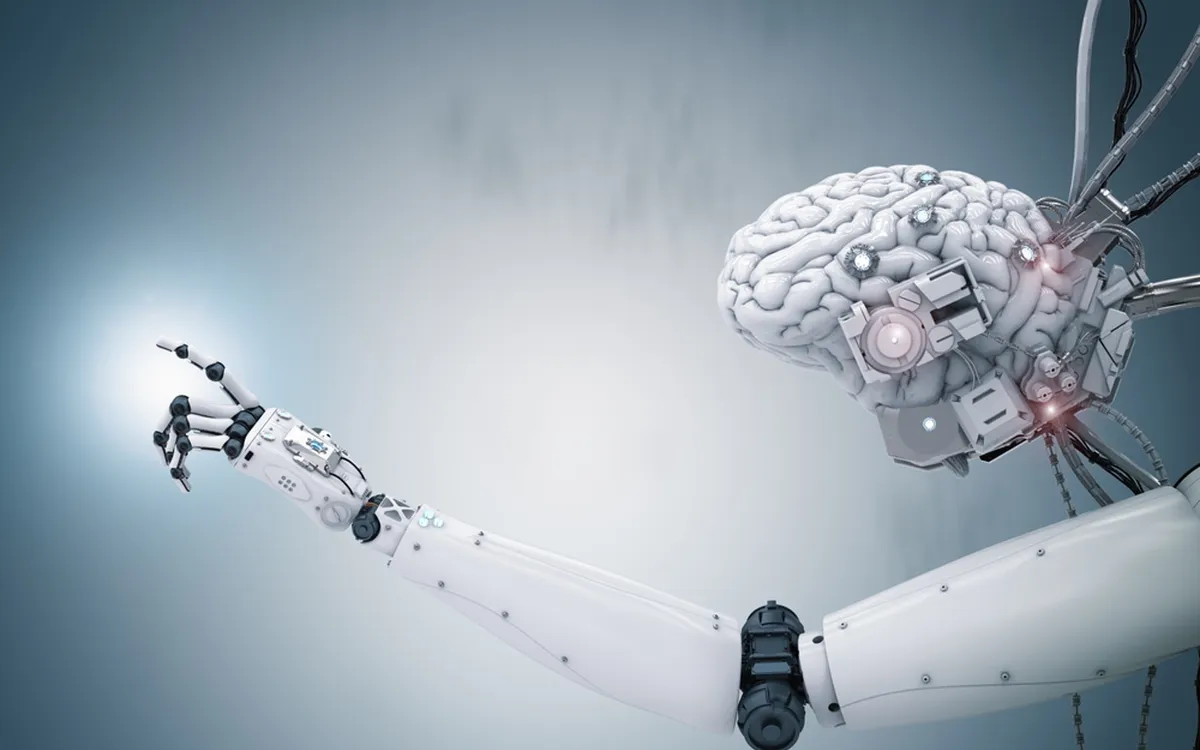Reconciling the Past: Amor Towles' The Lincoln Highway
“That my friends is a story” I said to no
one in particular as I closed out the reading app on my phone.
I’d borrowed if from the library on one of
their reader apps. Called The Lincoln Highway by Amor Towles it left me
wishing I could write like that. I chose it on whim because I like the cover.
Never underestimate the cover. It shows an old Studebaker on a straight country
road with a train going the opposite direction. The country road happened to be
Nebraska as I found out in the first chapter.
Summary
The year is 1954 and Emmitt rides with a
Warden back to his home in rural Nebraska. His time in the work camp is up and
he’s being released. His brother, 8-year-old Billy, waits for him to arrive so
they can travel to California and find their mother. She abandoned them years
ago after their father struggled to become a farmer. He is dead now and the
bank foreclosed on the property. Before he died though he hid some money inside
of a Studebaker for Emmitt and Billy.
Two of Emmitt’s friends from the work camp,
Duchess and Woolly, show up unannounced. They hid inside the trunk of the
Warden’s car and are now on the lam. Woolly, who is from an aristocratic family
in New York insists that the 4 should drive him to the family cabin in the
Adirondacks and take the money he has set aside for them. Emmitt doesn’t want
to go to New York and instead drives them to a boy’s home in Salina where
Duchess used to live. After some antics at the facility, Duchess steals the car
and heads for New York with Woolly.
Breakdown
The rest of the story is takes place over a
ten day period in which Emmitt tracks down his car with Billy. Despite
traversing half the country on the Lincoln Highway, the journey never feels
like a classic road trip where the characters experience famous sights and hunt
down the best burger joint. Some of that is inevitable, Howard Johnsons makes
an appearance in Indiana and a statue of Lincoln in Illinois. This America in
the fifties after all, but the book is concerned with the 4 characters and
their growth.
At its core, The Lincoln Highway is a story
about conflicts and how people resolve them. Life is messy and it’s not always our
fault. All four of the characters have difficult challenges to move past. Even
when the difficulties are self-imposed, life demands that we make sense of it. Often
it takes leaving home to figure it out. What values do we take with us and how do
events change us?
Characters
Duchess moves the story along more than
anyone else. A charlatan who, despite his many faults, still manages to show
heart in places and stumble into the right thing. His sense of morality is
skewed by a father who abandoned him. Woolly is a classic ‘follower’ and
probably autistic. He is easily distracted but sentimental to the core. His
wealthy family instilled in him, a sense of belonging before his dad was killed
in the war. Billy is Emmitt’s younger brother and the default narrator of the
book. His almanac of heroes is a collection of famous heroes from Greek
literature, Ulysses, Achilles, Theseus and Hector. The almanac provides a framework
for how we, the reader, understand the hero’s journey.
Emmitt is the hero of the story. He lost his
father and needs to become a man and demonstrate for his younger brother how to
do it. He searches far and wide and gets sidetracked along the way.
8-year-old Billy is the least like a real
person. His eternal optimism and adventurous spirit keep Emmitt moving toward the
goal of going to California. Only when an itinerant preacher riding the same
freight car tries to rob him does Billy exhibit any fear. His constant
reminders of ancient heroes and facts about history serve the readers more than
the other characters.
Style
Amor Towles used 3rd person narratives
with all of the characters except for Duchess. For him he switched to first
person. I didn’t even realize it until one of the reviews I read mentioned
that. For what purpose did he do that? Some think it meant that Duchess is
actually the main character. But he’s the least likable one. And he undergoes
the least amount of change (growth) from the beginning to the end. Maybe that’s
less important. There is a mystery with Duchess that takes longer to develop
than the others, but I can’t say he’s the protagonist.
Presenting the unfolding story from
different perspectives allows us to see events through the characters’ lens. We
wouldn’t sympathize with Woolly, for instance, or understand his motivations without
this technique. He is absentminded and rooted in the past. His wistful memories
of his childhood cabin and family retreats take up most of his focus. We are
introduced to other types who aid or thwart Emmitt’s goal of finding his car
and heading to California. Each one gets a chapter or two to describe their
version of events. It’s an interesting way to write for different characters.
The book was a joy to read and I will look
for more by this author.






